Climate Change & Conflict
Earth’s changing climate may already be playing a role in today’s conflicts.

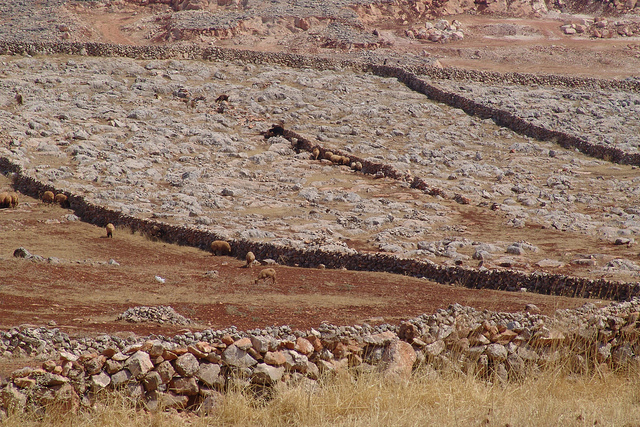
Earth’s changing climate may already be playing a role in today’s conflicts.
Analysis of bad restaurant reviews in Yelp reveals that dining can be as much about human interactions as food.
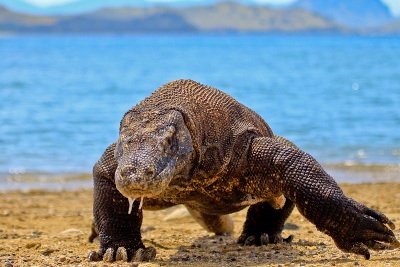
SURVIVAL (Encore Presentation) - Why female Komodo dragons die young, a whale that sounded like a person, and algae that flee their predators. Also: how the brain's insulation differs between us and chimpanzees, and why that insulation is so important to social development.
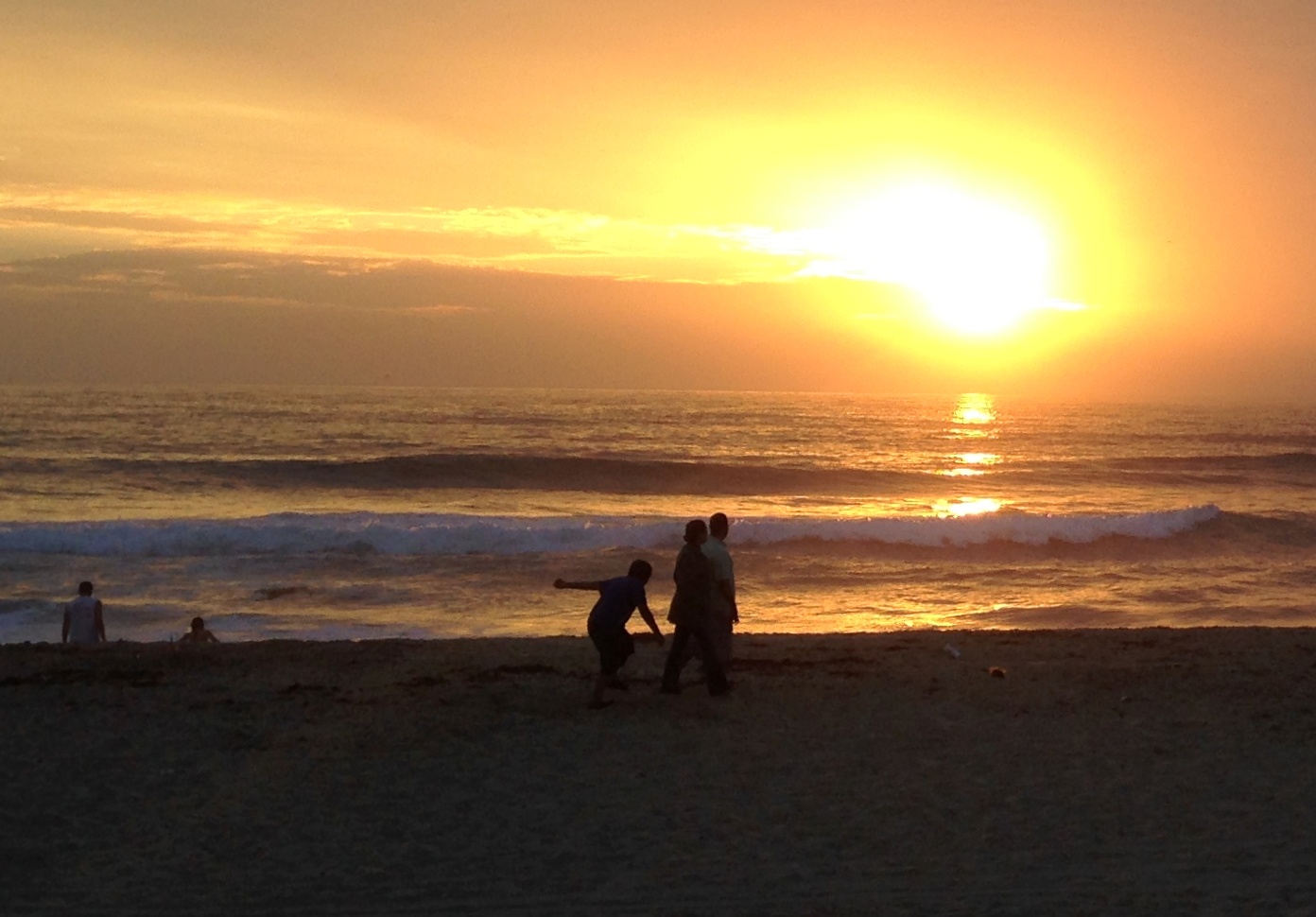
Scientists define environmental limits within which humanity can continue to thrive on earth.

The brain creates – and then reinforces – memories of events that never really happened.
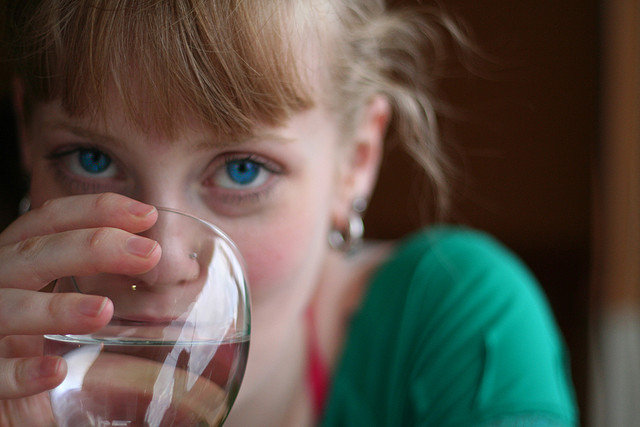
A roundup of some of this week’s most interesting science news, including key genetics variants related to brain size and psychiatric disorders, leaky methane in Boston pipelines, and the genetics of longevity.
Closing your eyes helps you remember details, whether or not you feel comfortable doing so.
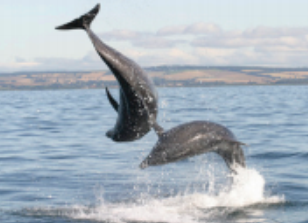
Science Breakthroughs of 2014: When did humans first become artists?
Virtual “bodyswapping” helps people set aside unconscious biases towards others.
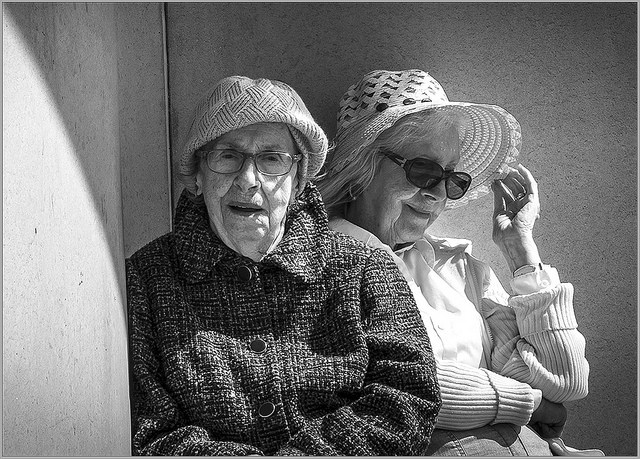
People who feel younger than their chronological age are also less likely to die.
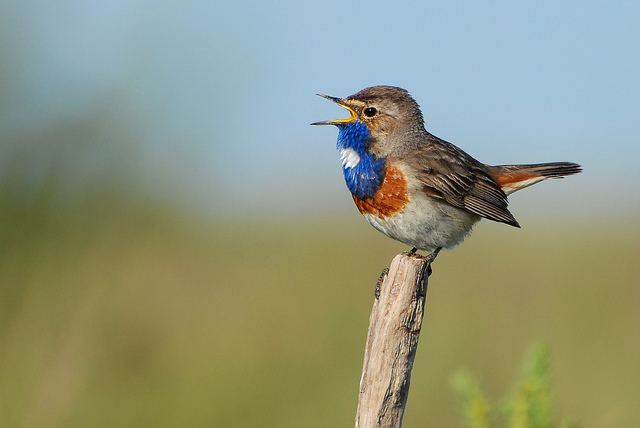
Birds and humans share remarkable similarities in the expression of genes involved in vocal communication in the brain.
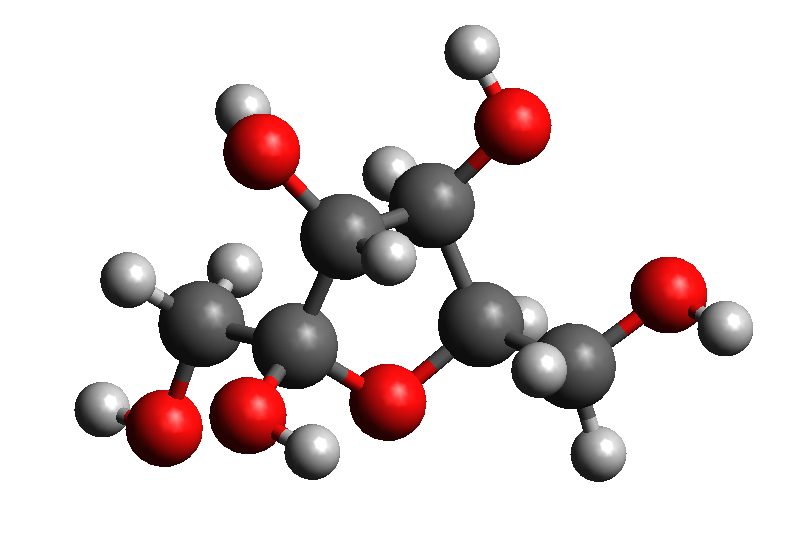
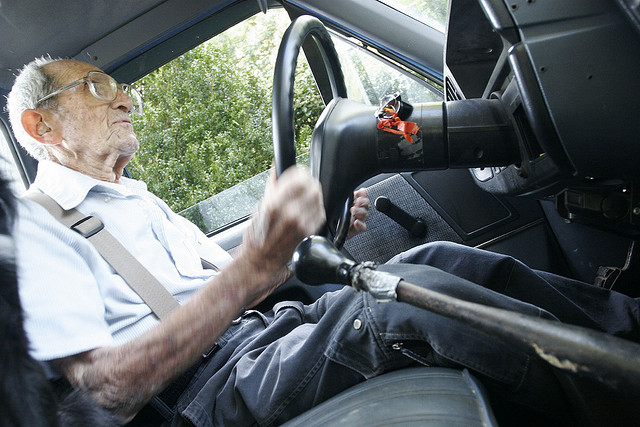
Both younger and older people can readily learn new information, but older people have a harder time filtering out irrelevant and distracting information.
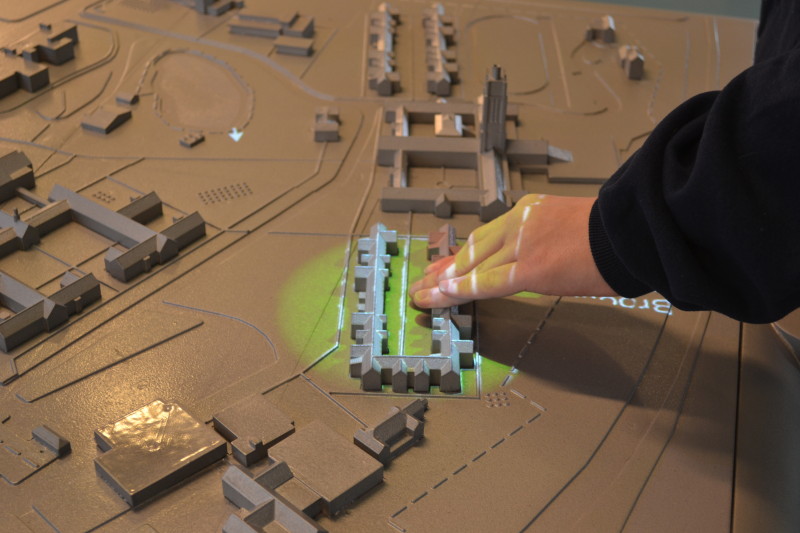
3-D talking maps use a variety of sensory modalities to help people find their way around college campuses and other institutions.
Our ideas about how the anatomical differences in male and female brains explain the behaviors of men and women may be based on bias rather than science.
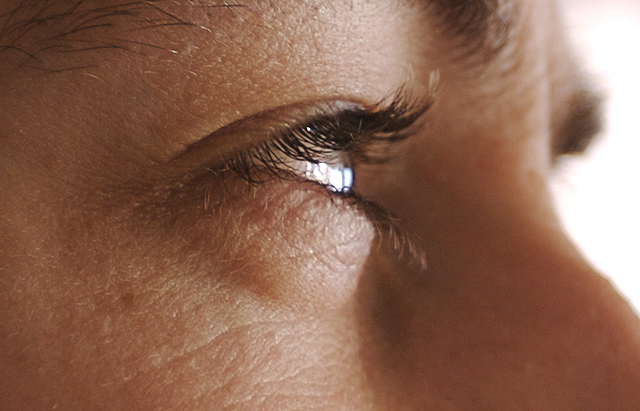
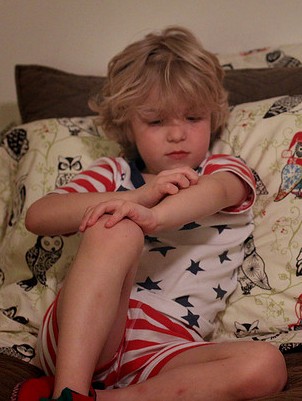
Scientists have identified the cruel trick the brain plays that may explain why scratching an itch often makes it itch even more.
